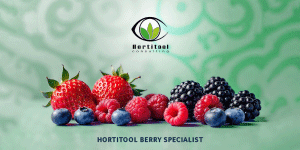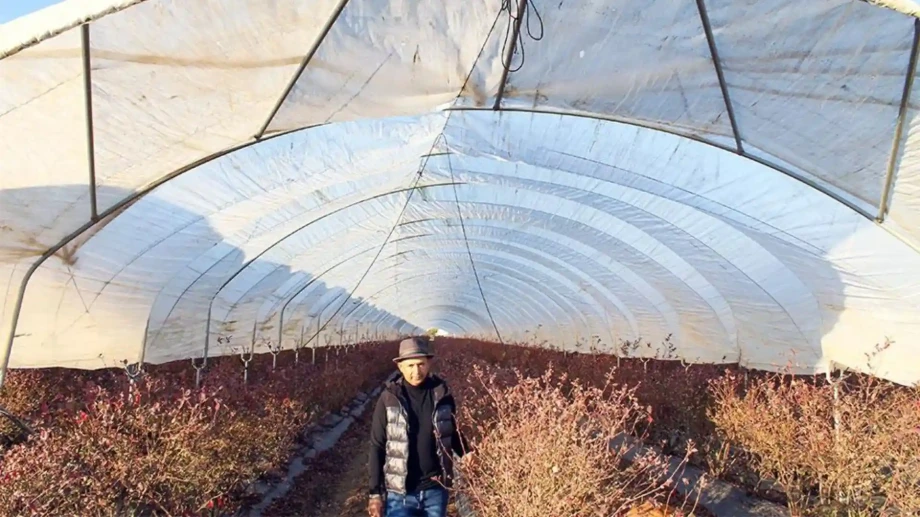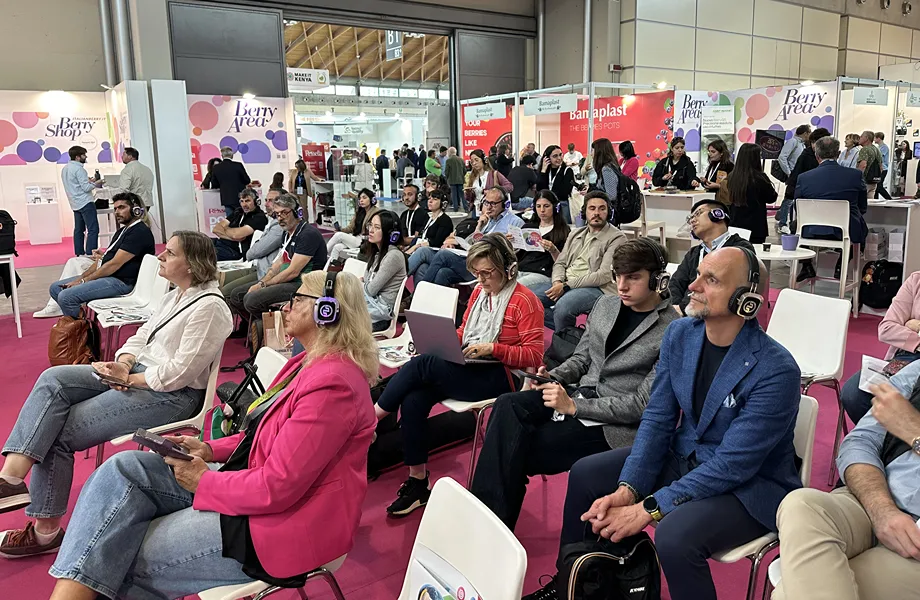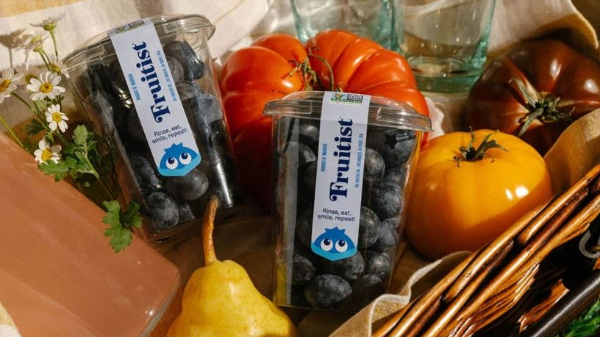Organic from day one
Paul Gill stands out as one of California’s leading organic blueberry growers—not only for the scale of his operations but for his unwavering commitment to biological agriculture. When he launched Paragroup Farms Inc. in 2019 in California’s San Joaquin Valley, Gill made a bold move: he imported 40 truckloads of certified organic soil from Denmark.
This allowed him to skip the standard three-year transition period and begin farming organically from day one.
Having spent years growing blueberries in British Columbia, Gill relocated to California in search of a climate more conducive to organic practices. The region’s intense sunlight, which he reverently calls “the mighty sun,” plays a key role in reducing disease pressure, allowing him to completely eliminate fungicides across his 350-acre (circa 141 ettari) operation.
Weed control and biological solutions
Yet, not all challenges are behind him. Weed control remains the number one issue on the farm, requiring a constant and resource-intensive approach: weed mats, mechanical removal, steaming, and manual hoeing. Organic herbicides, he says, would be a game-changer.
Gill is deeply invested in biological solutions—fertilizers, stimulants, and pesticides—and his philosophy is clear: there is no magic bullet. Instead, success comes from rigorous testing, practical experience, and a willingness to keep experimenting. He often collaborates with third-party research groups and trials dozens of new products and varieties on his own fields.
Biofertilizers and biostimulants
Among biological inputs, he finds biofertilizers containing specific microbial strains particularly effective, especially when cultural practices help those microbes thrive in the soil. Seaweed extracts, humic acids, and amino acids also deliver value, provided pricing remains reasonable.
For biostimulants, Gill appreciates their potential to help plants tolerate stress and improve nutrient uptake, though he warns that no single product performs miracles.
Biopesticides and long-term vision
When it comes to biopesticides, precision and timing are crucial. Blends of botanicals and microbial agents tend to work best, but even effective products can lose impact if applied at the wrong time. Strengthening plant immunity and soil health, he argues, is often more effective than reactive pest control.
For those new to organic farming, Gill’s message is one of patience and realism. “You won’t become an expert overnight,” he says. He encourages growers to seek out information from multiple sources—trade journals, LinkedIn, fellow farmers, and conferences—and to always validate product claims through independent data and field trials.
Looking back, his only regret is not starting with biologicals even earlier. Establishing a strong microbial foundation from day one, he believes, would have accelerated the health and resilience of his crops.
Gill’s approach is methodical, data-driven, and passionately rooted in the principles of sustainable agriculture. His story is a powerful reminder that organic success isn't about shortcuts—it's about commitment, experimentation, and constant learning.
Source: growingproduce.com













